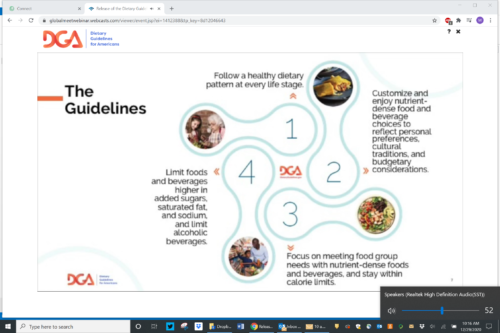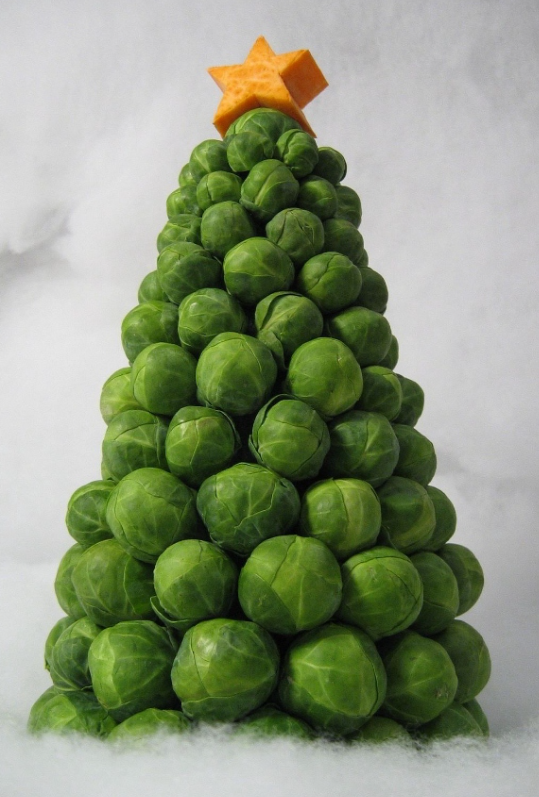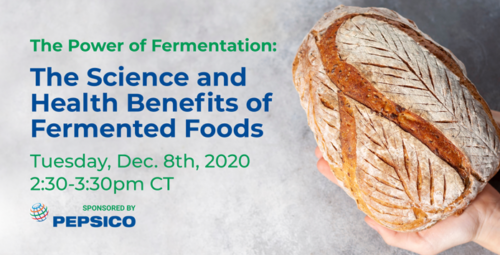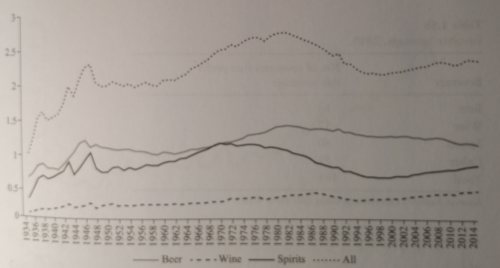The 2020 Dietary Guidelines released today
So much for my plan to take the week off.
The new 2020-2025 Dietary Guidelines came out today. See them at DietaryGuidelines.gov. The new guidelines are much the same as the ones in 2015.

The big news: They paid no attention to the recommendations of the Dietary Guidelines Advisory Committee (I covered this in a previous post).
![]()
USDA and HHS overrode the scientific decisions of the DGAC. So much for “science-based” dietary guidelines.
I would love to know what the members of the DGAC think of this.
More later. These come from the USDA’s press release.
- Dietary Guidelines for Americans, 2020-2025 along with companion pieces:
- Executive Summary of the Dietary Guidelines for Americans, 2020-2025
- The Top 10 Things You Need to Know About the Dietary Guidelines
- Make Every Bite Count with the Dietary Guidelines video
- The Dietary Guidelines Consumer Brochure: Small Changes Matter. Start Simple with MyPlate Today
- Dietary Guidelines infographic series on topics like:
- Making Every Bite Count with the Dietary Guidelines
- The Dietary Guidelines Can Help You Eat Healthy to Be Healthy
- Public Engagement Strengthens the Process
- USDA-HHS Process to Develop the Dietary Guidelines
- What’s the Difference between the Dietary Guidelines Advisory Committee Report & the Dietary Guidelines for Americans
- Video of the Dietary Guidelines for Americans, 2020-2025 virtual event
- Press release announcing the Dietary Guidelines for Americans, 2020-2025
And here’s the USDA’s explanation, such as it is, of why it overrode the decisions of the DGAC on sugar and alcohol







